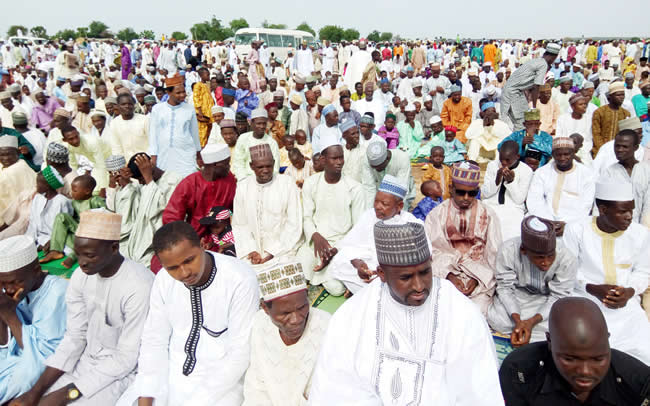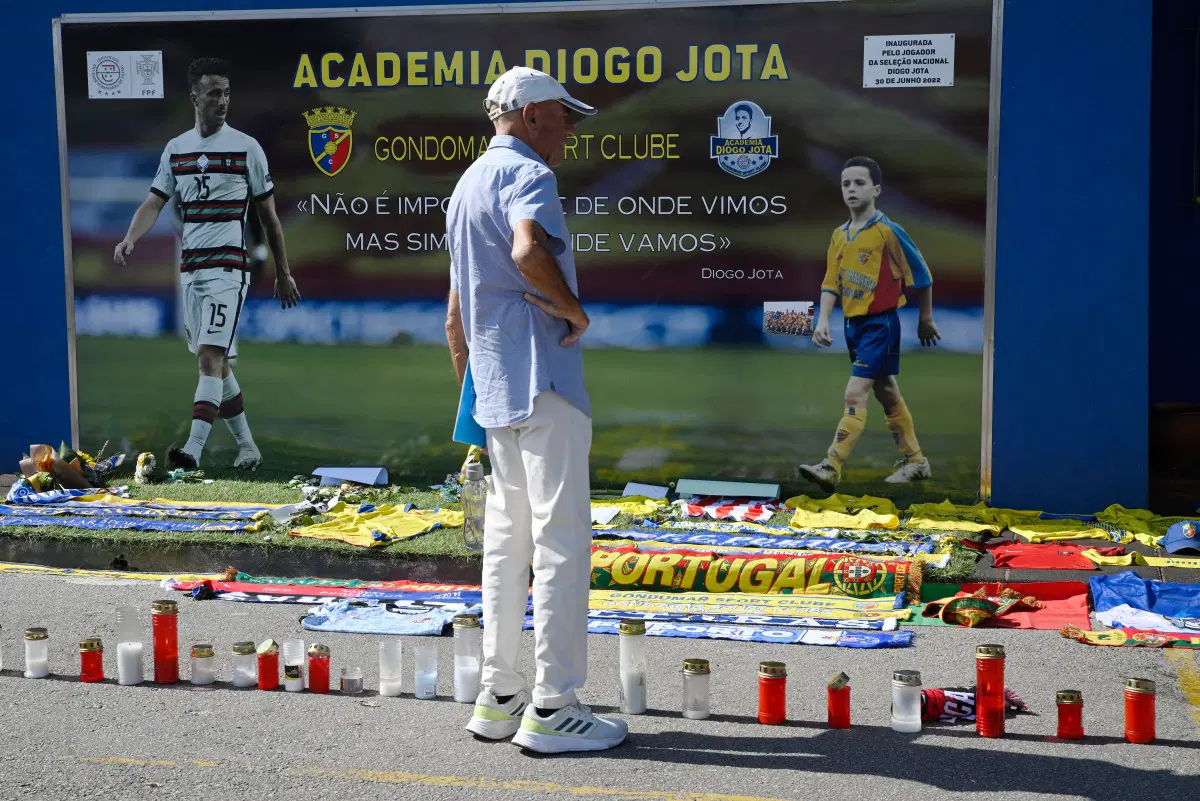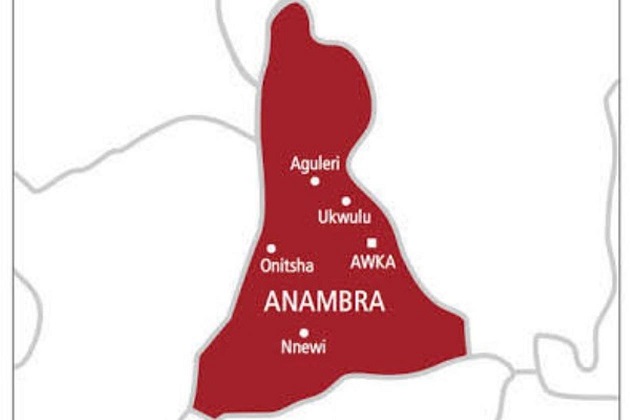Muslims in several parts of Nigeria marked a low-key Eid-el-Fitr celebration this year due to the escalating cost of living, which significantly affected their ability to celebrate the festival in their usual style.
The surge in food, fuel, and transportation prices, combined with ongoing security concerns, contributed to a subdued atmosphere during the Sallah festivities, especially in northern Nigeria, where many Muslims turned to prayers for an end to insecurity, economic difficulties, and national challenges.
In Zamfara State, the economic hardship was evident, with a noticeable decrease in the turnout of worshippers at Eid prayers. The usual heavy traffic leading to prayer grounds was almost absent as fewer people could afford to drive. Many Muslims in the state also refrained from buying new clothes or preparing lavish meals for their families. For Mainasara Mohammed, a resident of Gusau, this marked the first time he couldn't buy new clothes for his family during Eid celebrations. He lamented, “For the first time in my life, I could not buy new clothes for my family,” highlighting the economic difficulties faced by many.
Senator Lawal Usman of Kaduna Central Senatorial District also urged Muslims across Nigeria to use the occasion to pray for an end to insecurity and economic hardships. “I urge all Muslims to use this occasion to pray for peace, security, and prosperity in our country. We must come together to pray for an end to the challenges facing us as a nation,” Usman said.
Despite the economic strain, many Muslims emphasized the importance of peaceful coexistence and unity. Sheikh Abdulwahab Abdulkadir, an Islamic scholar in Kaduna, stressed the values of compassion, kindness, and generosity that Muslims should uphold, especially during such challenging times.
In Gombe State, Mohammed Deba, Chairman of the Coalition of Northern Groups, expressed frustration, stating, “This is the same as last year. The level of poverty has remained unabated, and many are getting used to the hardship.”
While the situation in Sokoto appeared more stable, with the Liberty Progressive Association commending the peaceful conduct of the celebrations, the economic strain was still apparent. Mallam Jamiu Afolabi, the group's chairman, noted that despite the financial hardships, the people of Sokoto maintained peaceful behavior.
Residents of Maiduguri, Borno State, also experienced a quieter Eid celebration this year, with security improving but the economic difficulties preventing many families from fully enjoying the holiday. Kida Abdulsalam, a Maiduguri resident, said, “While we had a memorable Sallah celebration, you can’t compare it with previous years,” emphasizing the need to cut costs due to economic constraints.
In the South-West, major roads in Osun State were quieter, with lighter traffic observed in Osogbo, the state capital. Many businesses, particularly in the Ota Efun and Igbona markets, remained closed as people preferred to stay home and spend time with family. Peter, a mini-bus operator, attributed this to the high cost of living, explaining that many people preferred staying at home rather than traveling.
In contrast, in Oyo and Ogun States, Muslims were able to celebrate more comfortably, aided by community solidarity and support from politicians. Kunle Sanni, Chairman of the Muslim Community of Oyo State, credited the generosity of wealthier Muslims and government officials for ensuring that many had enough to eat and celebrate. "Muslims had more than enough to eat this year. Politicians, especially Senators and House of Representatives members, also supported with food items," he said.
However, in Lagos, traders reported a drop in sales as many Muslims had a quiet celebration. Chuks, a trader in Yaba market, said, “The sales were just too low for those of us selling clothes. In time past, we made huge sales as families came shopping, but this year we hardly had people who bought clothes.”
The People's Democratic Party (PDP) also weighed in on the economic challenges, blaming the ruling All Progressives Congress (APC) for the hardship. PDP National Publicity Secretary, Debo Ologunagba, criticized the APC administration for worsening economic conditions and urged Nigerian leaders to re-dedicate themselves to serving the people with fairness, honesty, and integrity.
“We must stand up for justice, strict adherence to the Rule of Law, and accountability in the polity,” Ologunagba said, calling on Nigerians to renew their commitment to the well-being of the nation.
Despite the economic challenges, Muslims across Nigeria showed resilience in upholding the spirit of Eid by prioritizing community solidarity, peaceful coexistence, and prayer for a better future.




